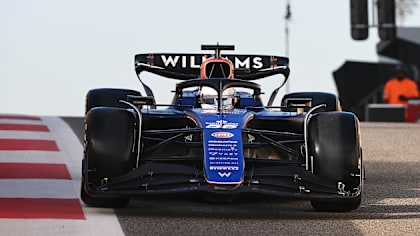1 / 4
Interview
Toto Wolff Q&A: Team principals a thing of the past
‘Too many cooks’ was a phrase uttered many times last year in reference to Mercedes' rapidly changing management line-up, a process which culminated in Ross Brawn stepping down as team principal in November. A few months on, however, and the new structure appears to be paying dividends, with Mercedes looking highly impressive in this week’s opening pre-season test at Jerez. That’s where we caught up with Toto Wolff, the team’s business director and head of Mercedes-Benz Motorsport, to discuss the changes and Mercedes’ prospects for 2014…
Q: Toto, Ross has cleared his desk, so what is the structure at Mercedes now? You are the commercial director and Paddy Lowe the technical director, but what about the team principal? Is Mercedes the first team to make that position redundant?
Toto Wolff: Yes, that position is a thing of the past. The structure we have decided to implement is one of clear competencies and skills within the management. Paddy’s skills are clearly on the technical and racing side, and my mind set is more on the commercial and business side. But the main focus is not on how we divide the work, it is on the fact that we work together as a team to combine our skills. I would say it is like any other major corporation: there is not that one guy on the board who is making all the decisions - it is divided by competency.
Q: So are you saying that the all-controlling team principal is a thing of the past and that we will see more teams with a management structure like Mercedes’ in the future?
TW: You don’t have the equivalent of a team principal in any other sport, let alone companies. Look at football: you have a trainer, then you have a team manager, and then you have the man who is looking after the commercial side. That team principal position comes from the team founders - these iconic men who founded the teams: Frank Williams, Ken Tyrrell and even Ron Dennis, who were running every aspect of their teams. But these were teams with 100 to 200 people maximum and that was a size manageable for a single individual, as the whole sport was not as professionally organized as it is today. You might say that the team principal is a legacy of the ‘grass roots’ era of Formula One.
Q: Would you then be the man - and here come those words again - to sit at the team principals’ meetings?
TW: Here you have it: it shows the slightly outdated mind set. For example, it is my duty to represent the team and Mercedes-Benz in the Strategy Group and with the sport's main stakeholders.
Q: Turning to the financial side of things, how is the sponsorship market? Is it getting easier to find backers?
TW: I have the feeling that the commercial reality is still difficult, the environment is still difficult. But we are getting some positive indications that the very big and professional organizations are looking at the sport - and from what I understand there could be some pretty exciting announcements of big companies wanting to move into Formula One.
Q: We are used to seeing Formula One drivers come and go, moving between teams, but not team principals. What do you make of the big reshuffles we have seen in recent weeks?
TW: I think the environment of Formula One has always been very competitive, but what we are seeing now is like competiveness squared. Having said that, you cannot allow weak points within the dynamics of an organization, so you have to constantly scrutinize how you want an organization to function - and this is linked to personalities and characters, and to skills and competencies. Every player in a team that is part of a global sport has first to fully understand his role - and then commit fully to this part. The times where one person decided over politics, shareholder issues, organization management and actual racing doesn’t exist any longer. We believe our management structure is the right answer to the needs of a modern Formula One team.
Q: At the end of last year you said that Mercedes had never aimed for the 2013 titles. Presumably 2014 must be different?
TW: Ha, it is still much too early to think about titles. When you look at the end of last season we clearly cannot be satisfied. We finished second because others were worse than us - but that is not something we want embrace. Red Bull simply ran away with both titles. Do I think realistically that we could have caught up over the winter? No, I don’t think so. I think their organization has been shaped over the years with brilliant people. You might argue that this season probably has changed to an engine formula - and what does that mean for us? We don’t know. If it is an engine formula and if the Mercedes engine is ahead - which I don’t believe, but if it were - then the landscape, the universe could change. But I don’t see us being there already.
Q: Aren’t you destined to win? Is there any possible scenario that would justify failure?
TW: Of course Mercedes has joined Formula One to ultimately win the championship, but this is not an easy task. We cannot stand up and say that in 2014 we will win both titles - that would be foolish. You first have to shape an organization before you can bring in the harvest.
Q: What are the strengths most likely to bring you success?
TW: That we have an integrated organization and that the communication between Brackley and Brixworth is flawless.
Q: How involved was Paddy in the design of the 2014 car? When he joined it was probably too late for any design directions to be reversed?
TW: Paddy has a management function in his role. He is not the technical leader of the past who would micromanage design aspects of the car.
Q: So he is not the Adrian Newey of Mercedes, with a pencil and a drawing board…
TW: No, there is only one Adrian Newey. He is the exception to today’s rules! We have a brilliant design team lead by Aldo Costa - and actually the 2014 car was handed over to Aldo by Geoff Willis last April, so this year’s car happened way before Paddy joined.
Q: Many argue that Mercedes have the strongest driver pairing, especially when you factor in the chemistry between them. But that is arguably based on last year’s situation. What about when it comes to a title fight? Do you see frictions on the horizon?
TW: Both guys are honourable guys, straightforward guys. We will not permit any nasty play within the team. It helps that they have known each other for 20 years. I guess that once it starts to become really competitive - into the realms of winning the championship - then yes, clearly that could lead to a situation where rivalry becomes an issue. But then this is a management matter.
Q: Could you imagine giving something like a ‘multi 21’ order?
TW: Yes, of course. Once we are at the end of the season and one guy can win and the other can’t then that is a necessary call. But I think that once we’ve reached such a situation, that doesn’t need to be discussed. The strategy will then be very clear.
Q: What is the agenda for the next tests?
TW: Jerez, as everything is so new, is basically a shake-down test where the focus is on pure mileage. Eyeing performance is something that will be an issue at the second Bahrain test. So far we are reasonably satisfied. So let’s see what information we are heading back to the factory with to work from there.
Q: Envisage your dream 2014 season - how would that look?
TW: It would be a pulsating dream! The ideal dream would be us being right up there, being the benchmark - followed by the other Mercedes teams.
YOU MIGHT ALSO LIKE
Feature From world champions to super-subs – How Ferrari’s other British drivers fared as Hamilton makes his move
News Alpine confirm Williams super-sub Colapinto as reserve driver for 2025 season
News 'The show goes on' – Horner insists Red Bull have ‘strength and depth’ to cope with Newey and Wheatley departures
News Williams confirm launch date for 2025 car as Sainz and Albon share excitement about new season
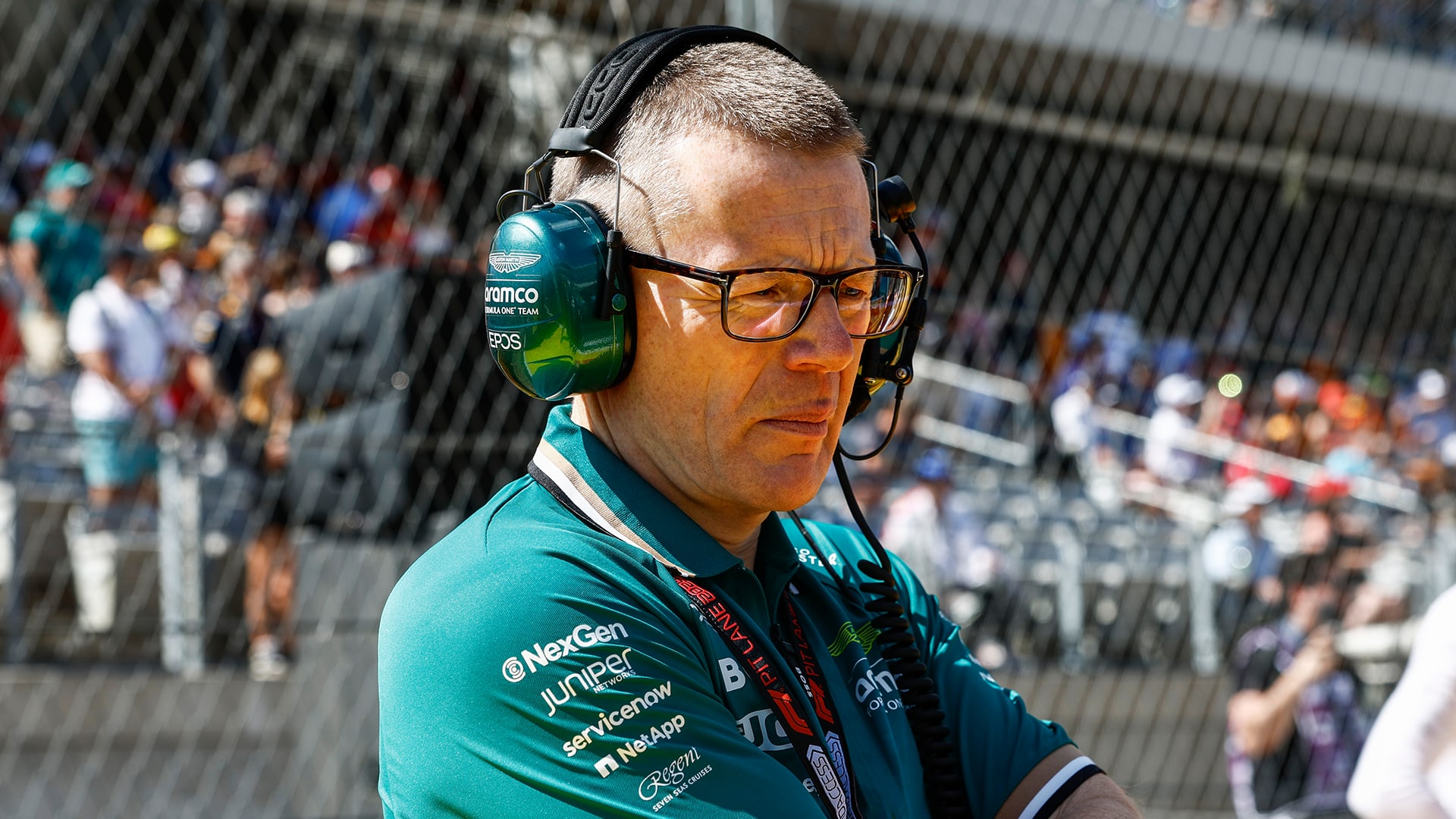
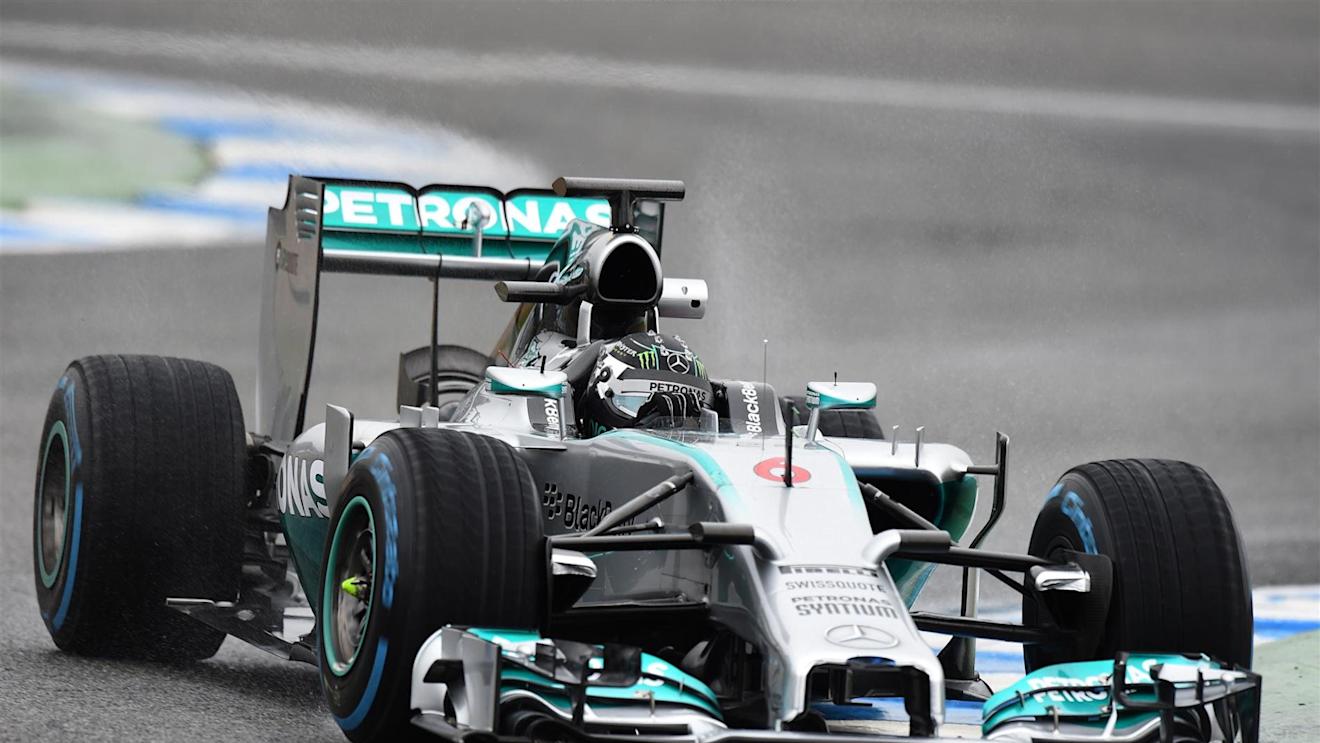
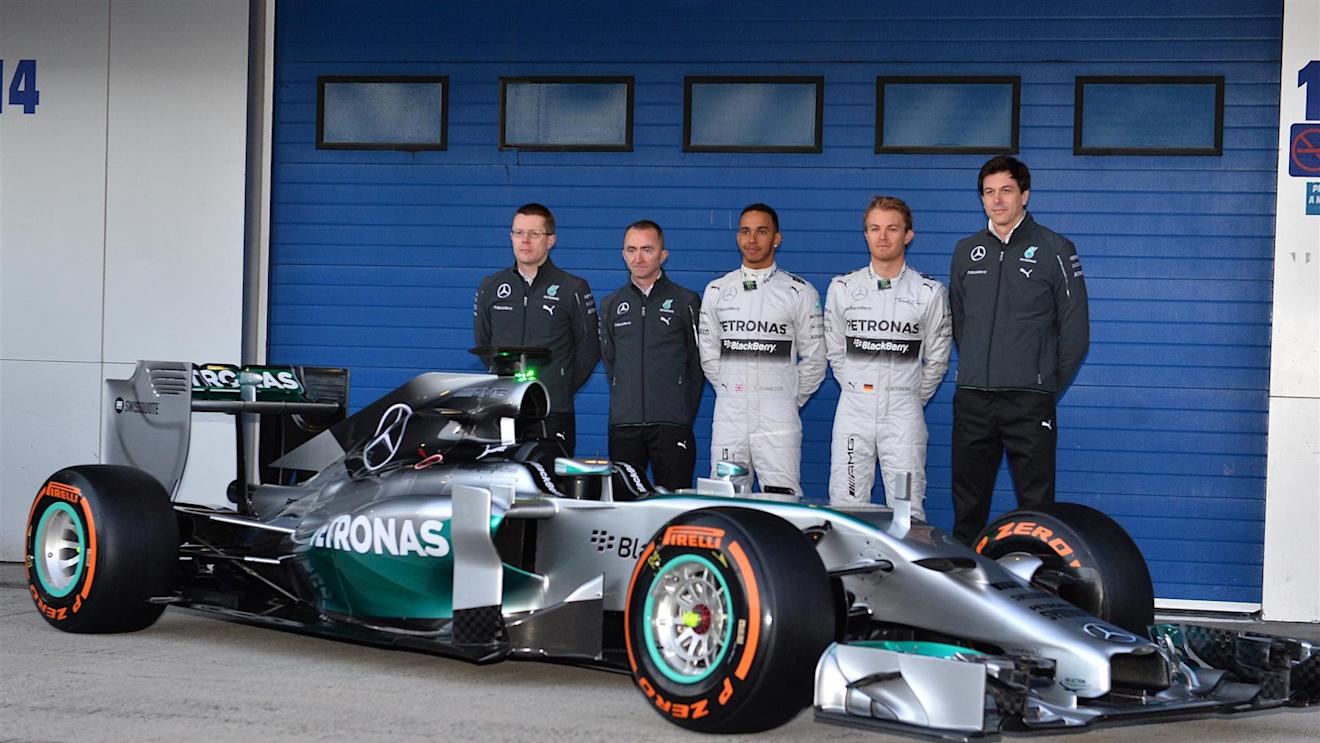
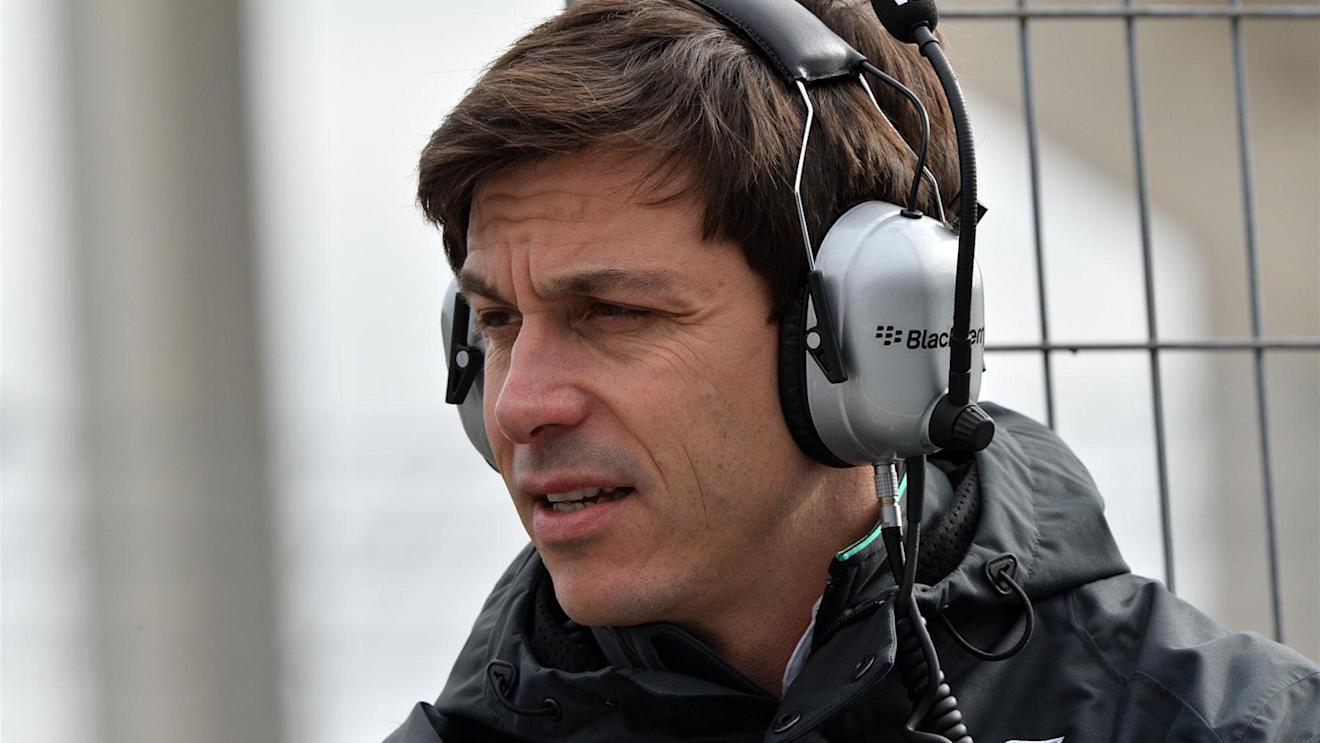
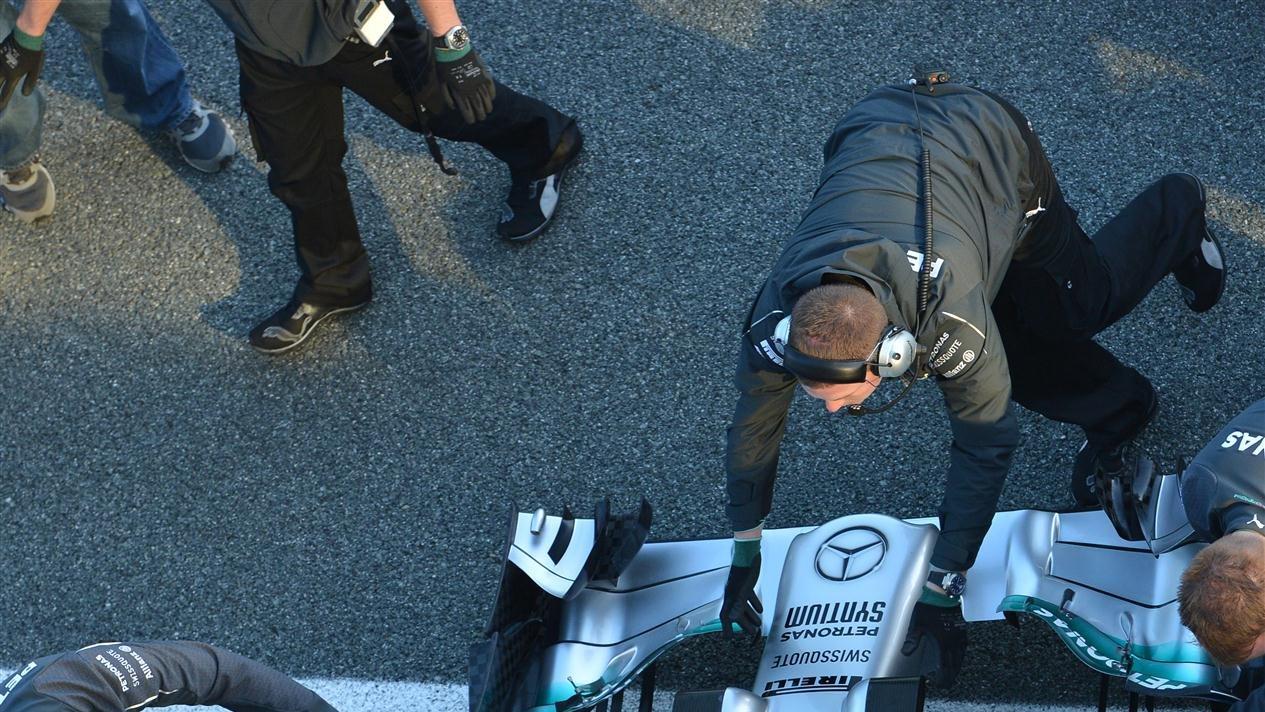
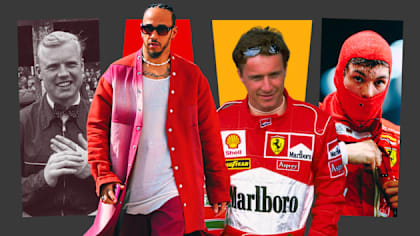
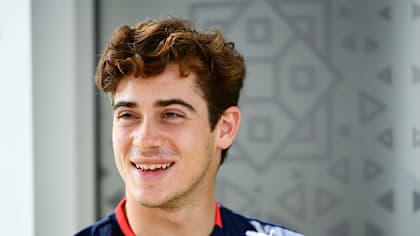
)
